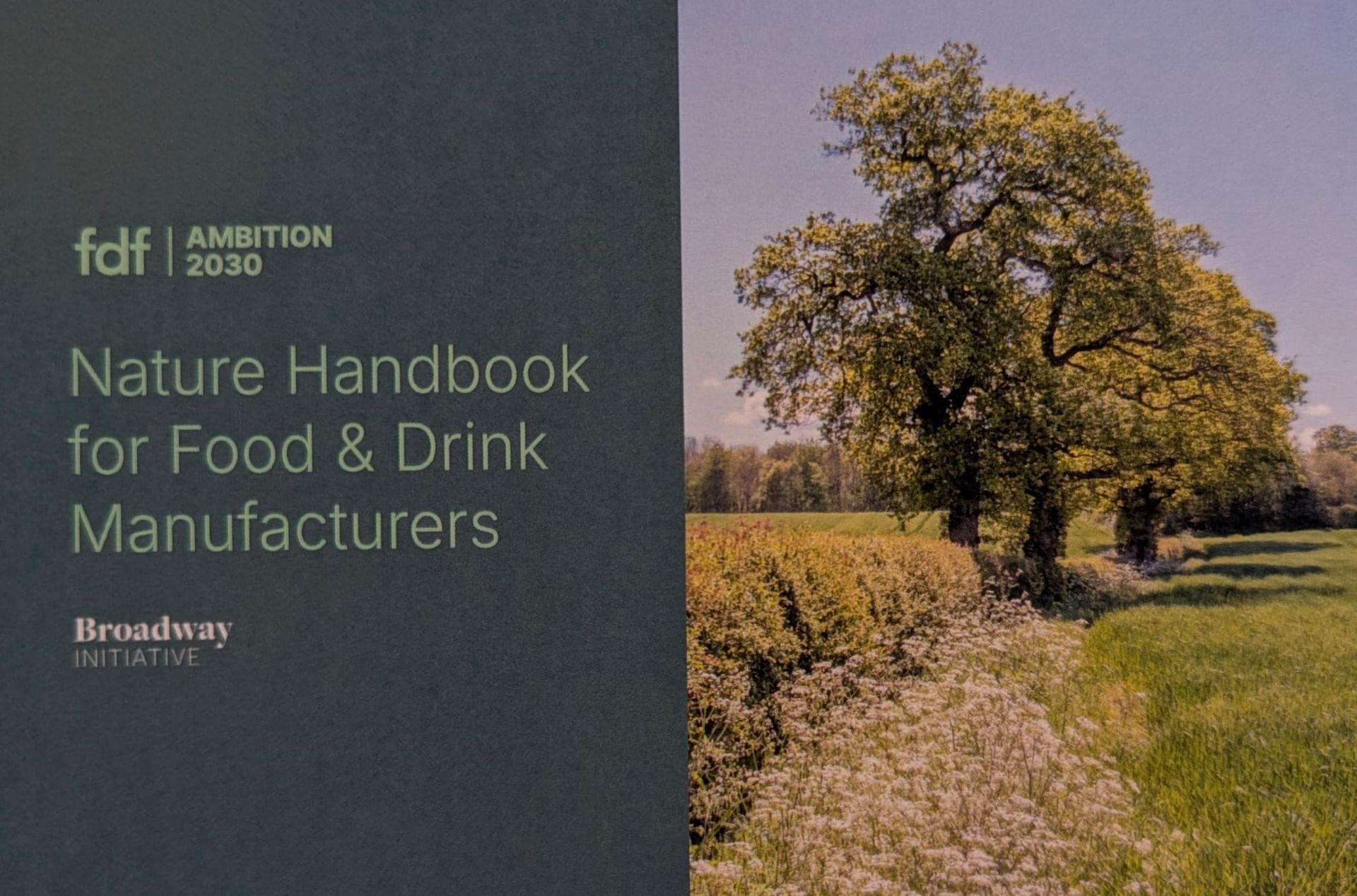Business and the 7th Carbon Budget
The Climate Change Committee's 7th Carbon Budget will be hugely valuable in shaping the sector transition planning being done by Broadway Initiative’s trade association members, but it is not without its political challenges.

In undertaking its core job of telling the Government how to achieve net zero, the CCC publishes two types of report. Every 5 years it publishes advice on the size of future carbon budgets, usually including a ‘balanced pathway’ to net zero, a pathway as smooth and inviting as a post-lunch stroll down a suburban garden’s crazy paving. Then it publishes annual Progress Reports, where it points out that the UK is more loitering on the patio than striding along the balanced pathway.
Last week’s report was a carbon budget, setting out on what the 7th carbon Budget covering 2038-42 should be. When the 6th carbon Budget advice was published five years ago we were living in a different world: pre pandemic, pre-energy price crisis and with a Prime Minister in Boris Johnson who was a strong advocate of net zero. Today the nay-sayers argue against it on three fronts – too nanny-state; too expensive, and too ineffectual in a world less committed than us.
Against this backdrop, the Report makes a strong and technically detailed case that decarbonisation to meet net zero is both technologically possible and can be achieved without major disruption to the public and business. A core of the argument is that the electrification that drives much of the emissions cuts of the next 20 years 15 years will be delivered by consumers and businesses doing just two things – choosing an EV when they replace their household car or business vehicles and replacing gas heating with low carbon heating.
Dig a bit deeper though and one can also make out the areas where the politics and policy choices will be extremely difficult. Four clear ones would be:
- Diet and farming: Agricultural emissions fall by roughly half by 2050 under the Balanced Pathway and a fall in meat consumption of 20% in the next decade and 35% by 2050 help enable this. The CCC also raises the possibility of including beef imports in a Carbon Border Adjustment Mechanism (CBAM)- to avoid reduced domestic beef production being replaced by imports. Given Labour’s outrage when Claire Coutinho, pre-election accused Labour of planning a ‘meat tax’, and the IHT dispute with the farming community, this will be territory Ministers will be very wary of.
- Aviation: The CCC report backs up, to some extent, Rachel Reeves assertion that sustainable aviation fuel (SAF) will allow people to keep flying despite net zero. But it points out that technological developments in aviation are uncertain (not just SAF but whether, for example, the industry can keep on delivering the 1.3% annual increase in plane efficiency the CCC assumes) , and that ‘Government may need to take additional demand management measures’
- Commercial buildings: The report argues that Heat pumps are suitable for the vast majority of non-residential buildings. But I was struck by the comment that Heat networks deliver 22% of heat demand in non-residential buildings by 2040 in the Balanced Pathway. In principle that makes sense as an efficient way to decarbonise this part of the infrastructure stock, but heat networks require a lot of public-private coordination along with smooth operation of the planning system, both of which have been the exception rather than the rule in recent years.
- Energy-intensive industrial sectors: The likes of steel, chemicals and glass manufacturing have been on the climate policy frontline for decades. The report recognises that while their share of national employment is small, in some locations it is significant and that its future level will depend on maintaining the competitiveness of those industries. It also emphasises that this will require policy interventions (likely CBAM or some form of subsidy); again tricky ground for any government.
And across all of this, even where the necessary low carbon choices are widely available and no more expensive than the alternatives (as the report forecasts EVs will be by 2028), shaping the decisions of 20 million households and 2 million businesses is no easy feat. The CCC emphasise that the type of work that Broadway Initiative does through Business Climate Hub – providing trusted, accessible and actionable decarbonisation advice - will become ever more vital.



